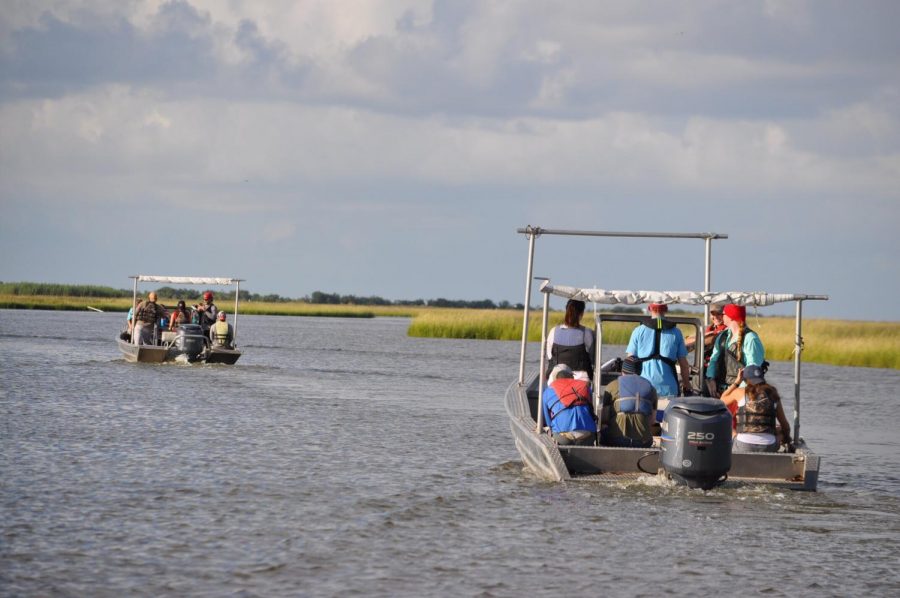Nicholls helps prevent coastal erosion
March 1, 2019
The problem of coastal erosion hits home for the university, as Nicholls State University is the closest university to the coast.
As the closest university to the coast, Nicholls has done many things to prevent coastal erosion.
John Doucet, dean of the college of arts and sciences, said that natural and man-made reasons have lead to coastal erosion.
The man-made levees off of the Mississippi are good for controlling the flooding but are damaging to the coastline.
When the Mississippi would flood, new sediment would be distributed throughout the land, building up the land. Without this flooding, the land cannot replenish the sediment and is more prone to erosion.
“The percentage of current students whose hometown is located in a coastal parish is also 87%,” Doucet said in his essay “Closest to the Coast.”
Although the coast may seem far away, it is affecting the students who attend the university, and, therefore, the problem of coastal erosion is indirectly affecting the university.
“Every year, we bring mangrove trees to raccoon island, and we plant about 1,000 trees a year,” Gary LaFleur, associate professor of biological sciences, said.
Planting these mangrove trees every year is just one way the Nicholls biology department is working to stop coastal erosion.
There are also a few graduate biology students who are working on a thesis that will help fight coastal erosion.
Rissa Inselman, marine and environmental biology graduate student from Morrison, Okla., is working on her thesis which involves some oystery work in a living shoreline project.
“What it kind of does for coastal erosion is it kind of builds up a barrier just adjacent to the shoreline, and it protects the coastal marsh grasses from all of that wave and wind action,” Inselman said.
The department has teamed up with programs such as Louisiana Universities Marine Consortium (LUMCON) and Barataria-Terrebonne National Estuary (BTNEP) to continue educating students on the problem of coastal erosion and ways to try and prevent it.

